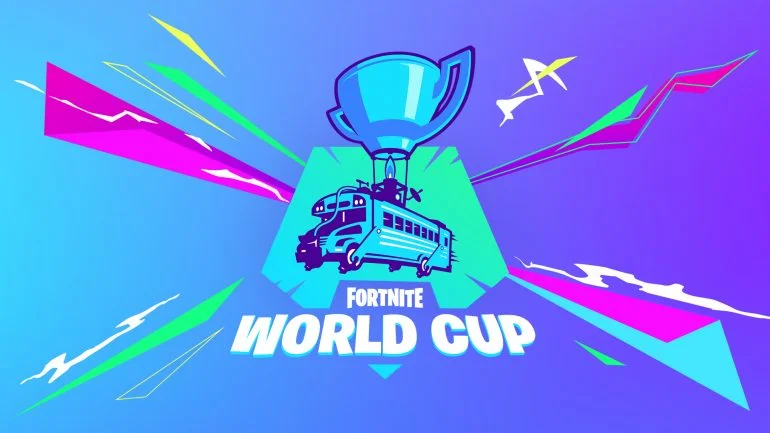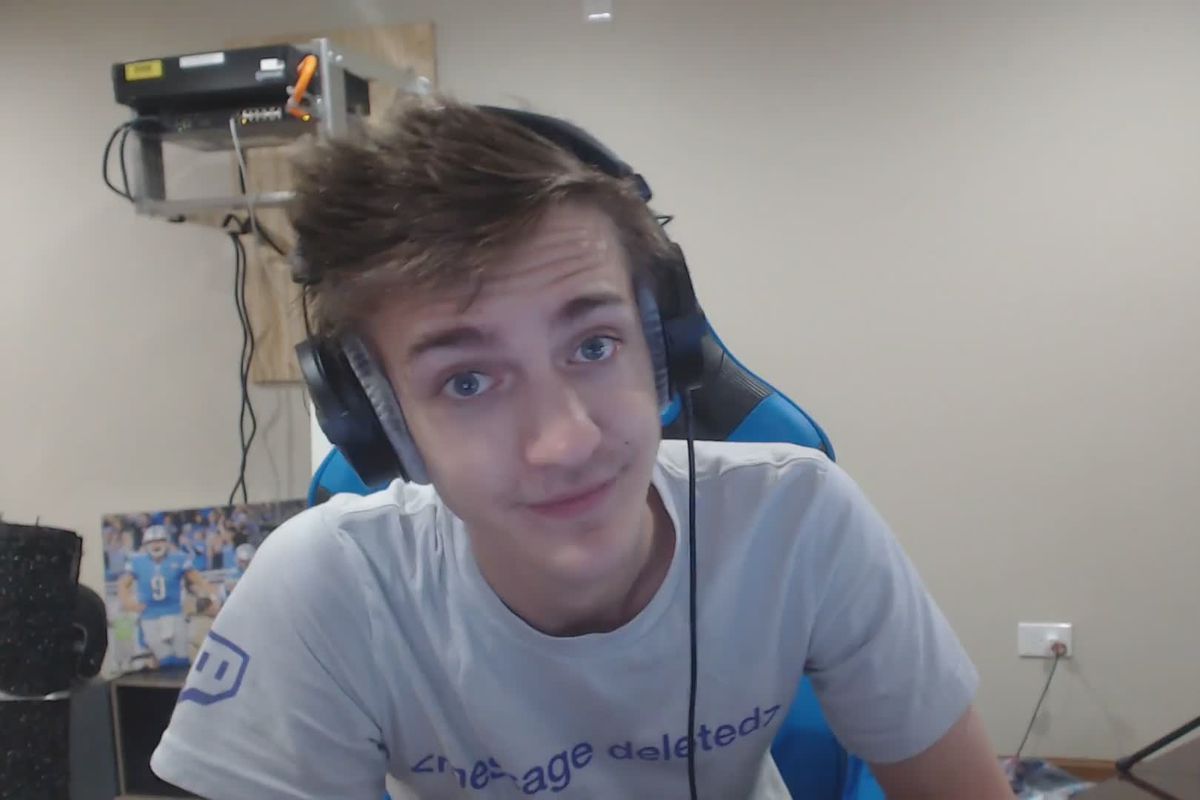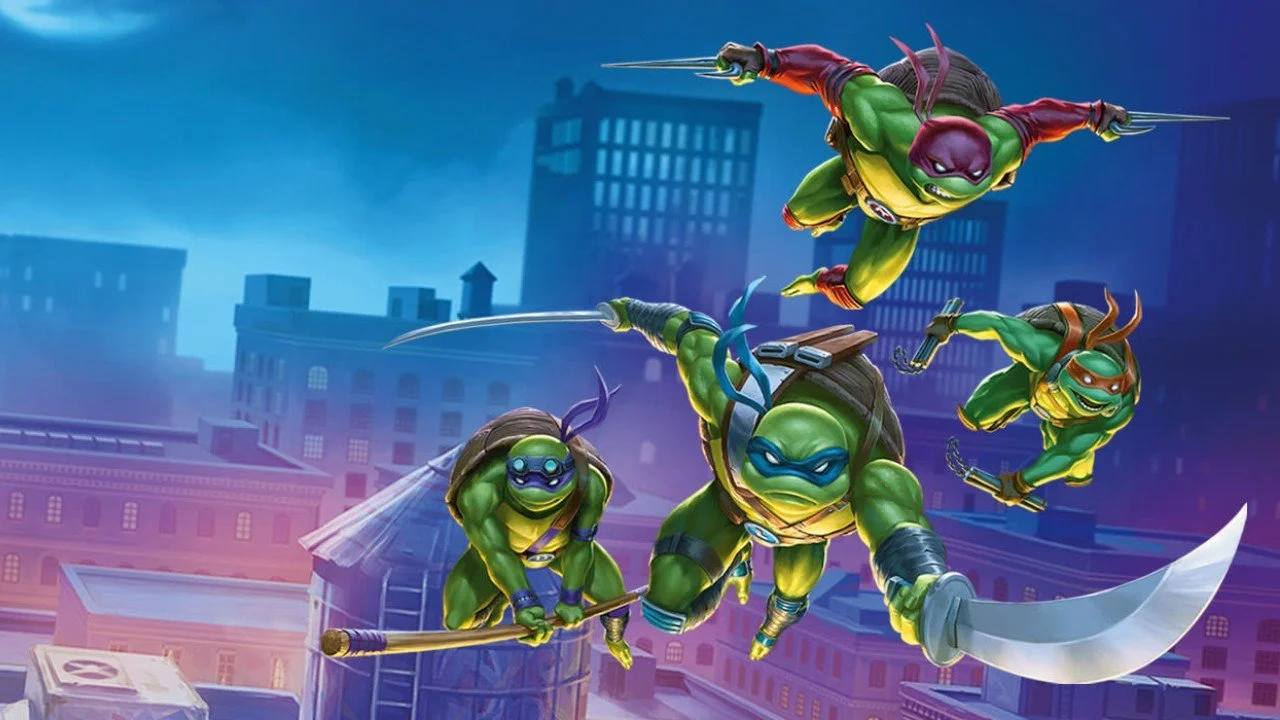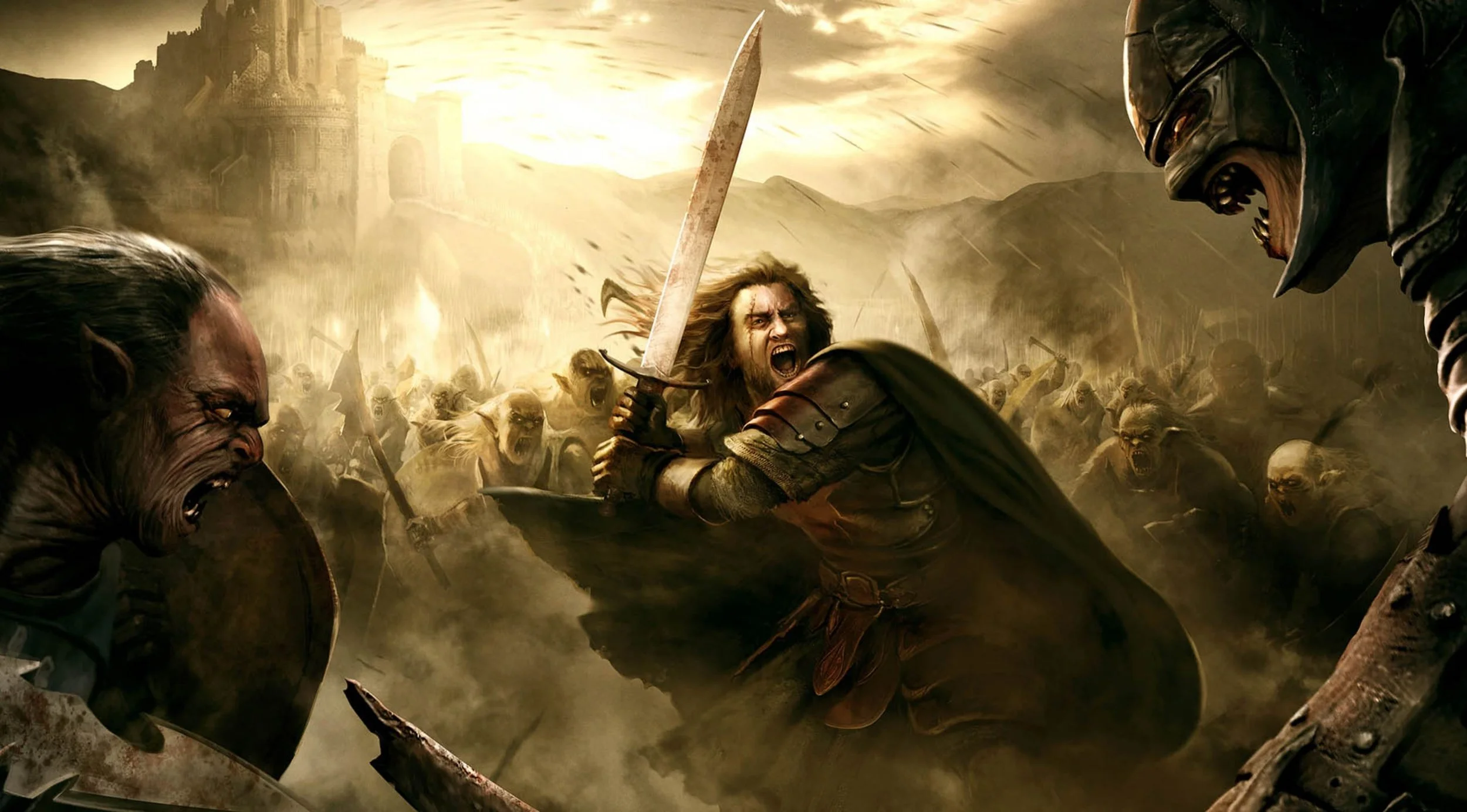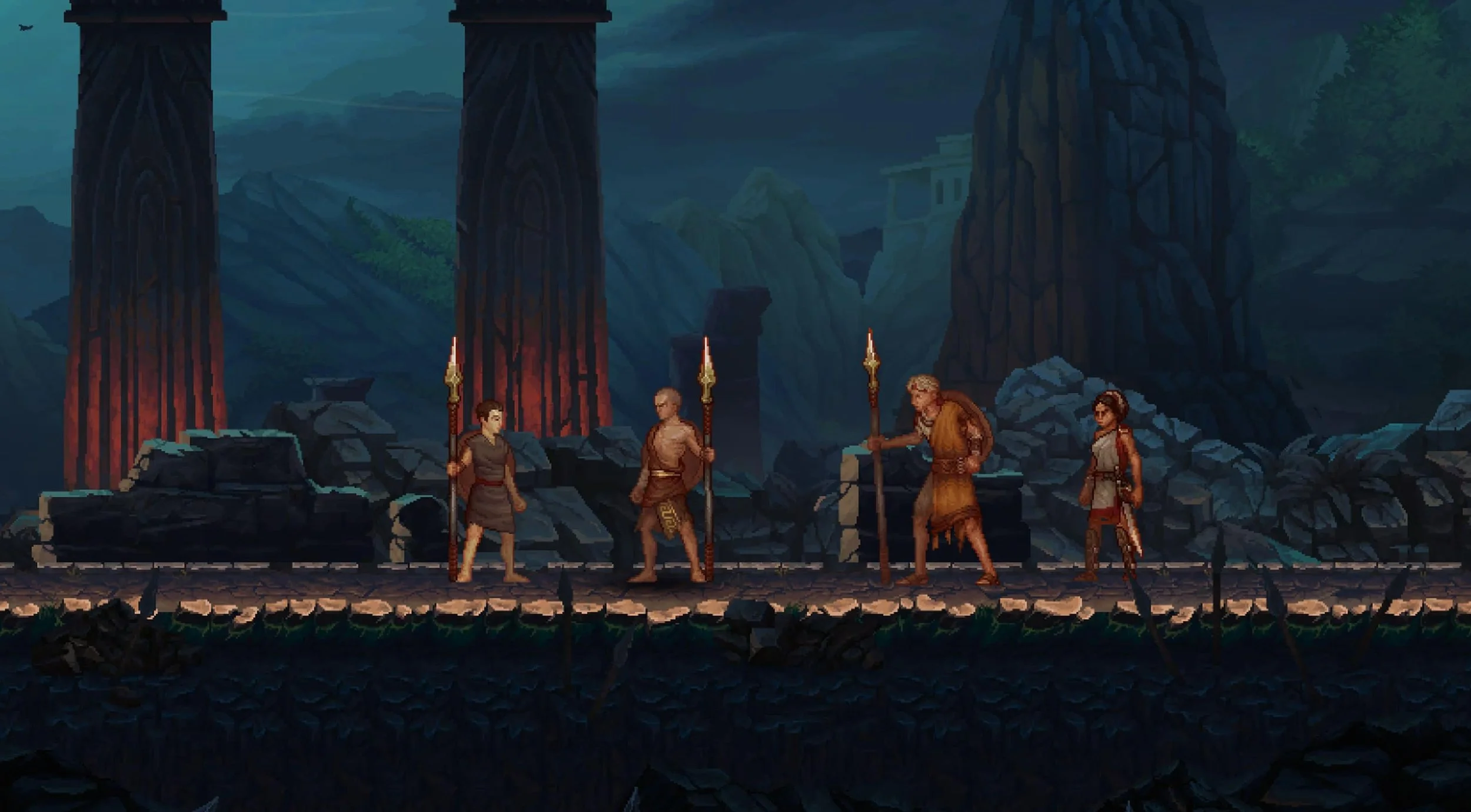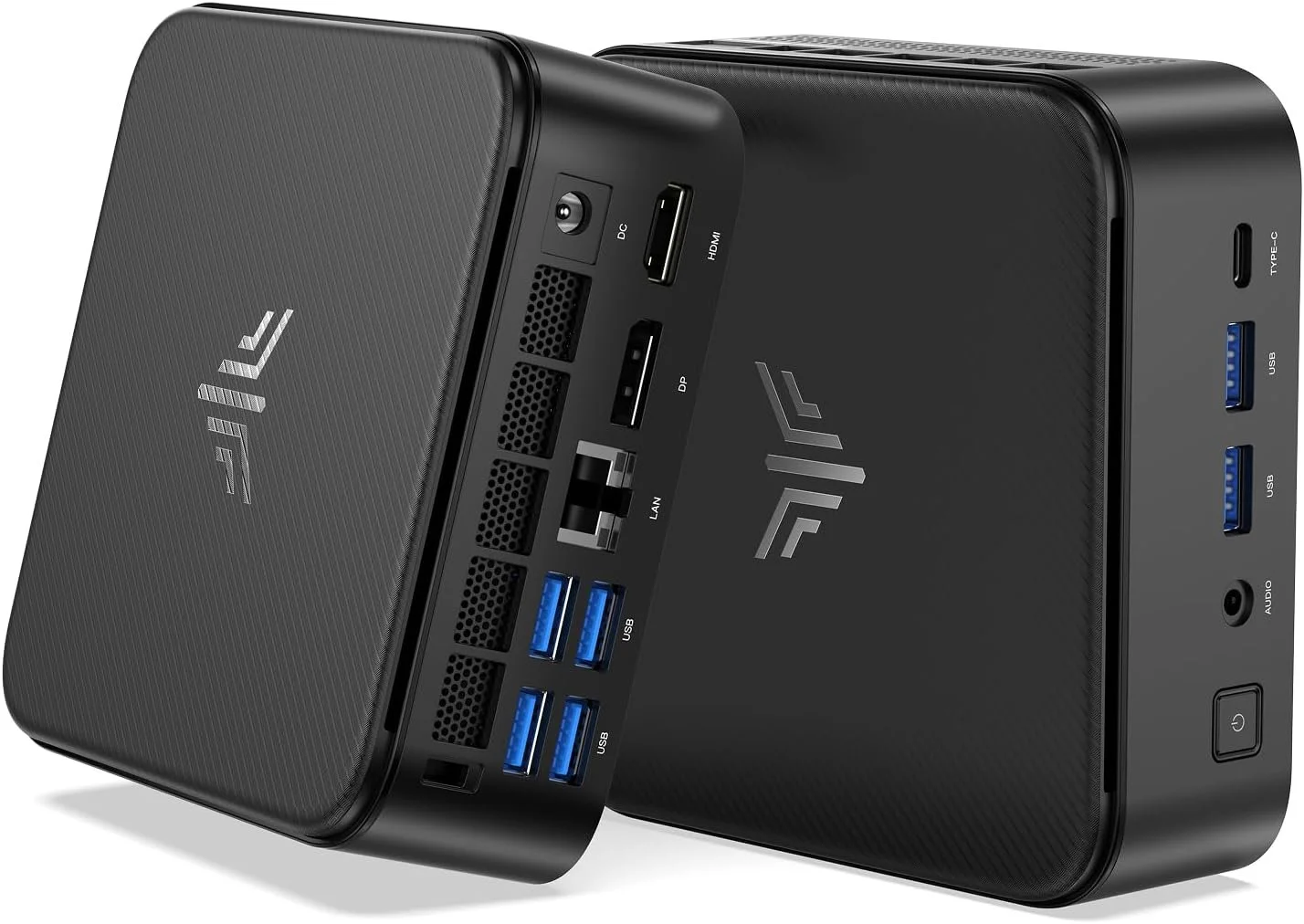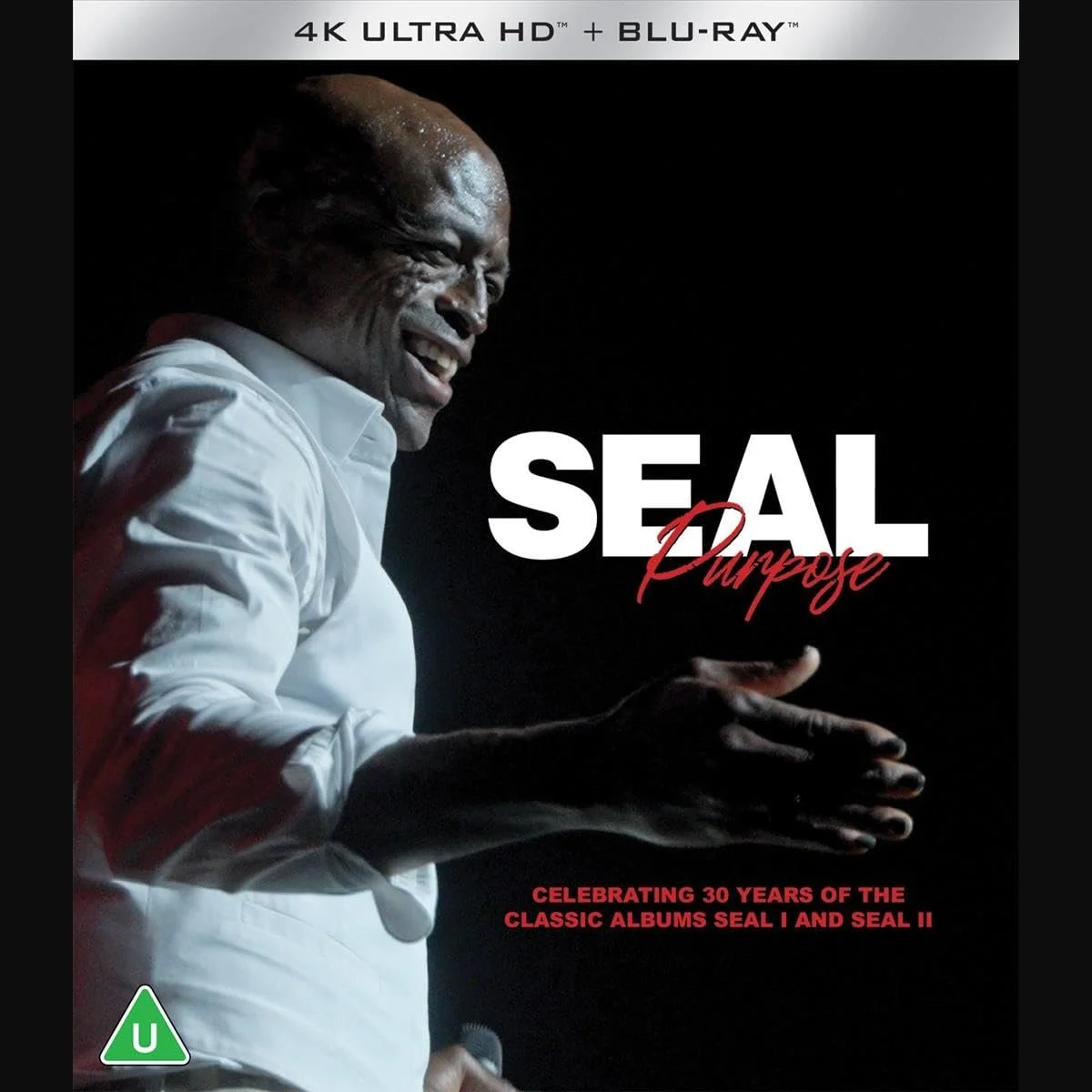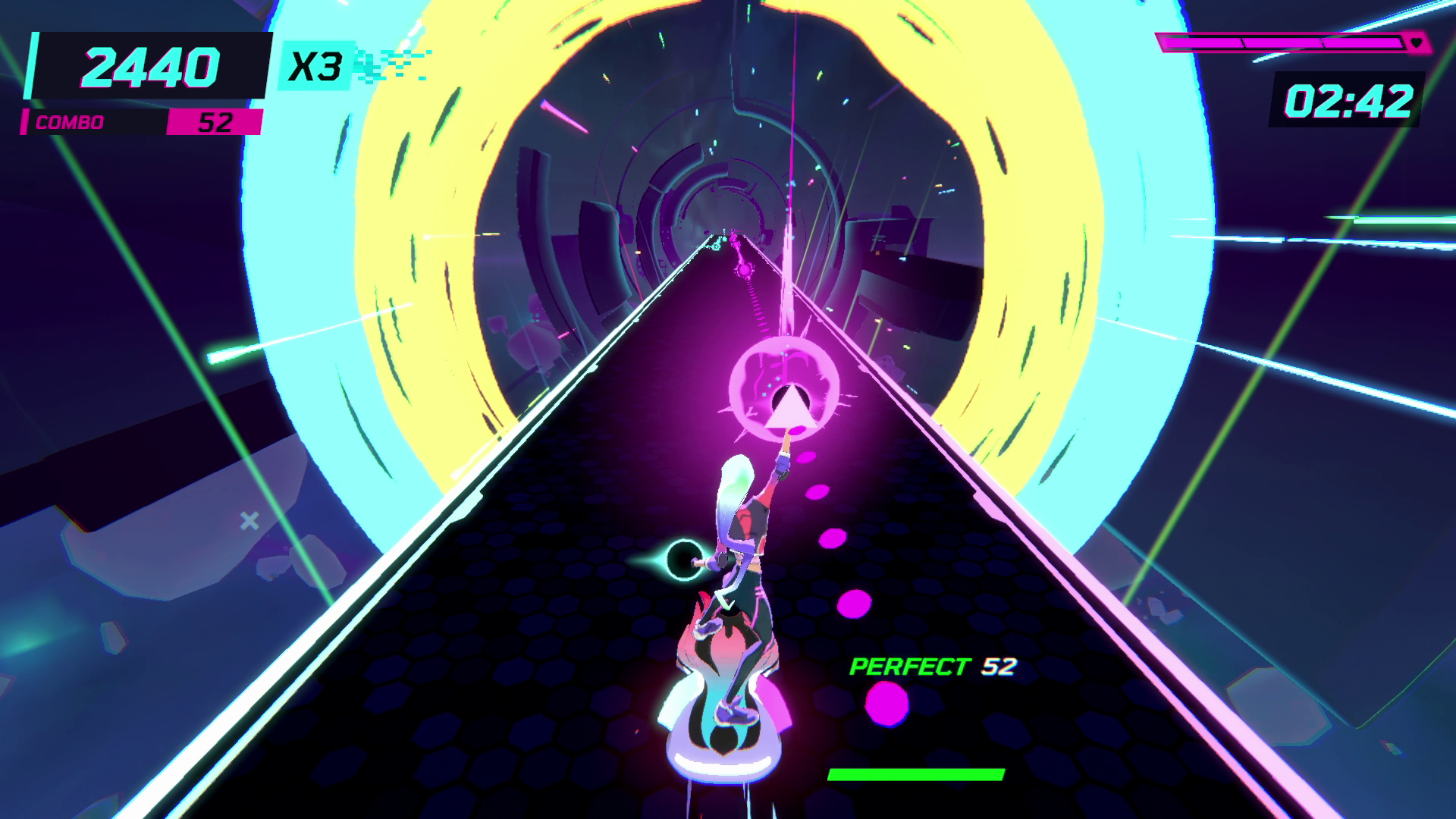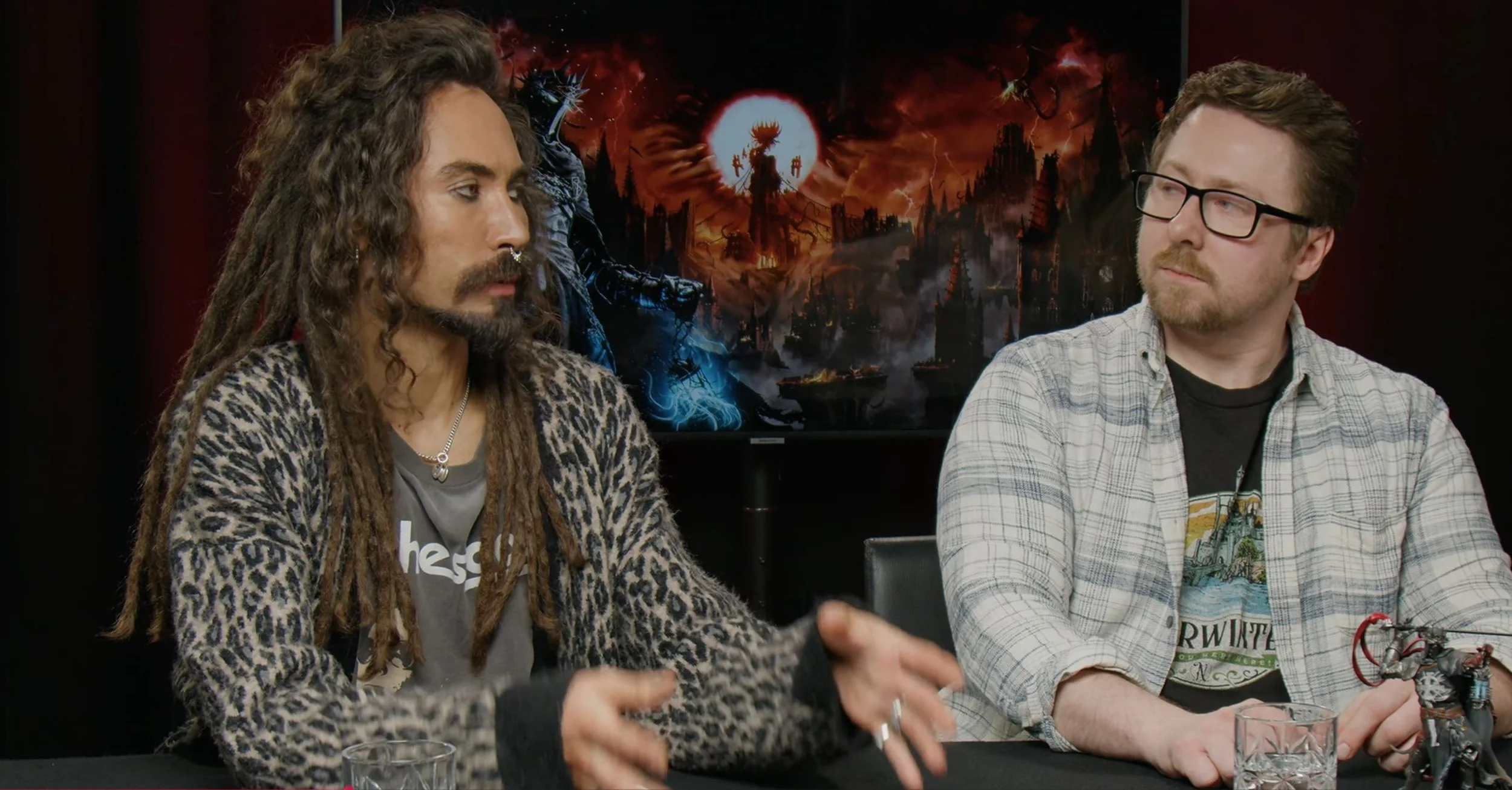After the first week of qualifiers, the lineup of the Fortnite World Cup Solo Finals is starting to take shape. While many of the finalists so far are sponsored by top-tier esports organizations, one demographic is noticeably absent from the list: Not a single top-20 Fortnite streamer managed to qualify for the solo finals.
Fortnite’s household names, such as Tyler “Ninja” Blevins and Turner “Tfue” Tenney, drew hundreds of thousands of viewers as they campaigned for finals berths, but both finished far below the finals qualification cutoff. They were outplaced by a number of sponsored professionals, including Team Liquid’s Noah “Vivid” Wright and 100 Thieves’ Davis “Ceice” McClellan. All in all, at least seven of the weekend’s qualifying players were full-time competitive players sponsored by prominent esports orgs—and none of them were among the top 20 most-watched Fortnite streamers.
This disparity in results highlights the disadvantages of full-time streaming. Streamers, even sponsored ones such as Ninja and Tfue, are entertainers who must consider the whims of their audience; simply streaming their grind doesn’t suffice anymore. There’s no doubt that top-tier streamers play a ton of Fortnite, but they can no longer compete against dedicated players who have the support of top-tier organizations behind them.
Both Ninja and Tfue have done their time in the trenches of esports, and neither of them requires competitive success to make a comfortable living. Tfue has already announced that the World Cup will be his final competitive event. But the inherent disadvantages of full-time streaming may cause issues for less prominent competitive Fortnite players who hope to monetarily support their professional efforts through streaming.
